Mayor Wu Proposes Temporary Property Tax Shift to Protect Boston Homeowners

In a move that has sparked significant debate, Boston Mayor Michelle Wu is proposing a temporary property tax shift aimed at protecting homeowners from potential tax hikes. This initiative, which has drawn both support and criticism, highlights the complex challenge of balancing the interests of residents and businesses in a changing economic landscape.
The Plan in Detail
Mayor Wu's proposal centers on a temporary reallocation of the property tax burden, increasing taxes on commercial properties to shield residential property owners from a dramatic tax increase. The key elements of her plan include:
- Home Rule Petition: Mayor Wu plans to file a home rule petition with the city council, which would allow Boston to temporarily shift more of the property tax levy onto commercial properties, thereby lowering the tax burden on residential properties.
- Three-Year Window: The measure would give the city a three-year window to implement the tax change. This period is crucial, as the city won’t have updated property valuation numbers until next year.
- Conditional Implementation: The new tax rates would only be enacted if commercial property valuations come in low as expected. This expectation is based on the post-pandemic shift to remote work and economic impacts such as inflation, which have led to a decline in commercial property values.
- Balanced Budget: Wu argues that this shift is necessary to prevent a dramatic increase in residential property taxes, which could disrupt the city’s balanced budget and negatively affect both residents and businesses.
The Debate: Residents vs. Business Leaders
The proposal has garnered support from residents who fear the financial strain of rising taxes. They argue that shielding homeowners from significant tax increases is essential for maintaining a stable residential tax base, which could, in turn, boost property values and strengthen the local economy.
On the other hand, business leaders and some city councilors have expressed concern about the potential negative impact on the city's competitiveness. They argue that increasing taxes on commercial properties could reduce revenue, leading to cuts in essential services or higher taxes for businesses. This, they fear, could result in increased consumer prices and reduced spending, further straining the city's economic health.
Supporters’ Perspective
Supporters of Mayor Wu’s plan emphasize the importance of protecting homeowners from rising taxes. They believe that a stable residential tax base is crucial for maintaining community stability and encouraging investment in the local economy. By temporarily shifting the tax burden, the city can prevent a sudden financial strain on homeowners, potentially enhancing property values and fostering a more robust economic environment.
Business Leaders’ Concerns
Business leaders, however, caution against the potential drawbacks of this tax shift. They argue that Boston’s economy relies heavily on its commercial properties, and increasing the tax burden on these properties could deter business investment and growth. This could lead to a reduction in the city's overall tax revenue, necessitating cuts in public services or further tax increases on businesses, which could, in turn, impact consumer prices and spending.
A Path Forward
Mayor Wu’s proposal underscores the delicate balance required in urban governance. It highlights the need for a nuanced approach that considers the long-term implications for both residents and businesses. As Boston navigates this contentious issue, it will be crucial for all stakeholders to engage in constructive dialogue and work towards a solution that supports the city’s overall economic health and community well-being.
Mayor Michelle Wu’s proposed property tax shift aims to protect Boston homeowners from potential tax hikes by temporarily reallocating the tax burden onto commercial properties.
While the plan has received support from residents, it faces skepticism from business leaders concerned about its impact on the city’s economic competitiveness. This debate highlights the ongoing challenge of balancing the needs of residents and businesses, and the importance of finding a mutually beneficial solution for Boston’s future.
Moreover, this tax shift emphasizes the importance of strategic location selection. Properties in areas that may experience less of an impact from increased commercial taxes, or those that offer high value in terms of foot traffic and accessibility, will become prime candidates for investment. Real estate professionals who can guide their clients to these strategic investments will be invaluable.
Engaging in the ongoing debate and staying informed about the final decisions is crucial. By being knowledgeable about the implications of the tax shift, brokers like Digital Realty can better advise their clients, helping them navigate the complexities of the market.
Categories
Recent Posts
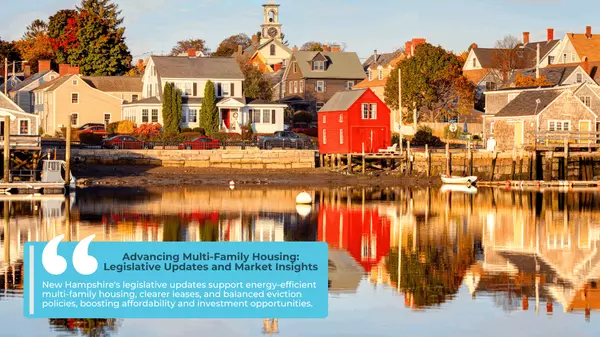
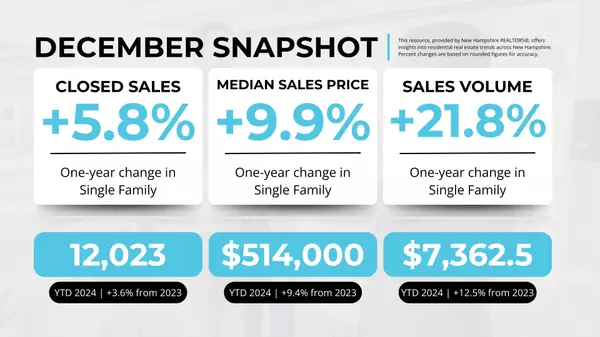
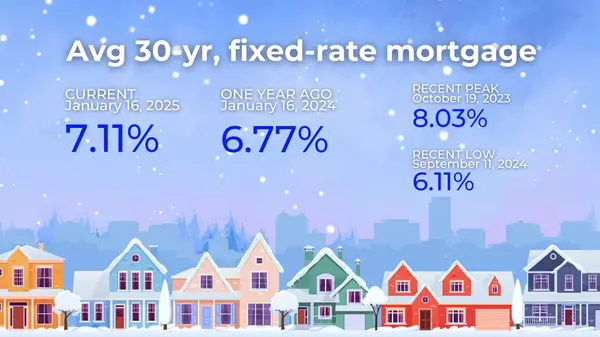
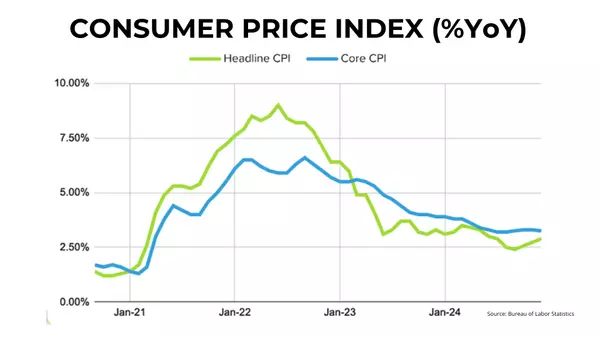
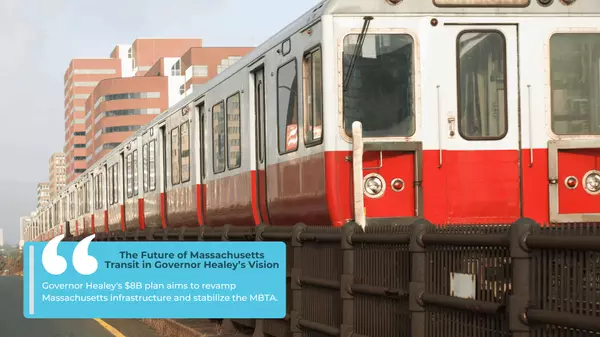
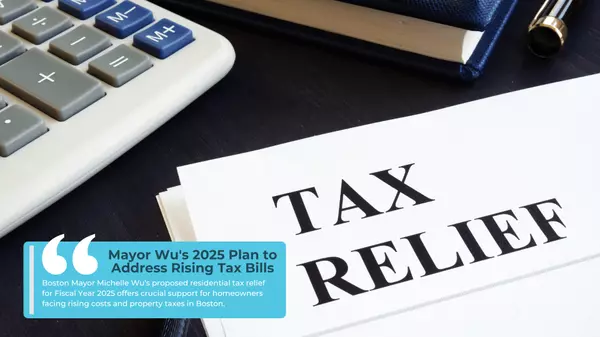
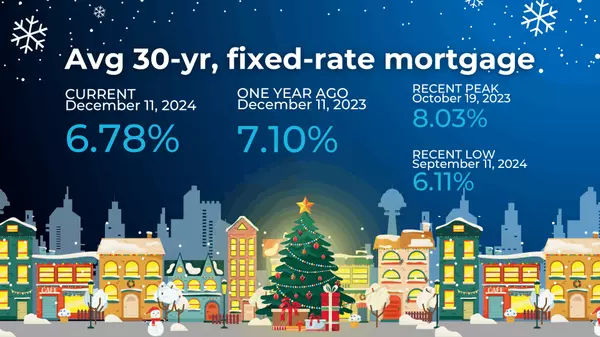
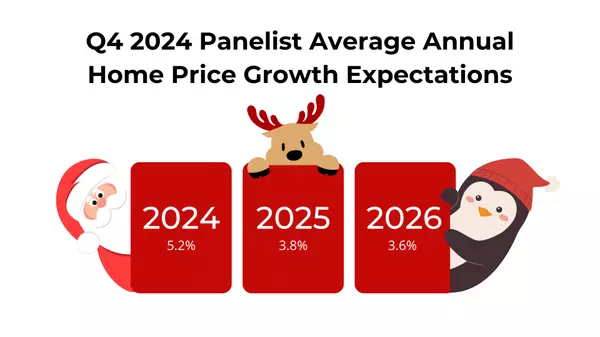
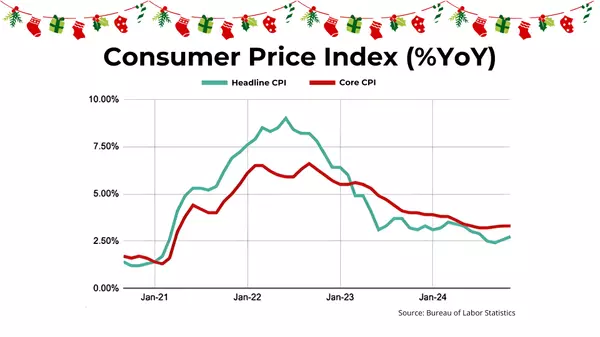
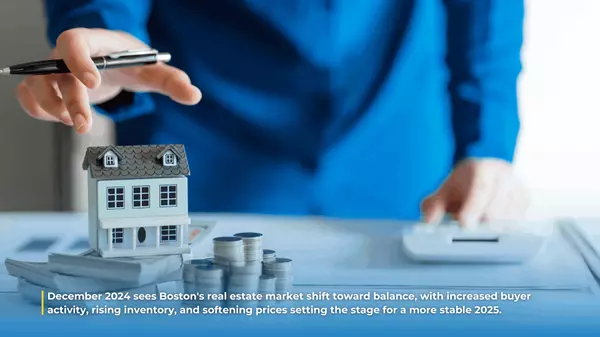
GET MORE INFORMATION

